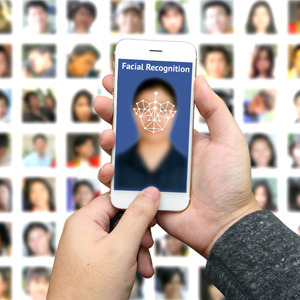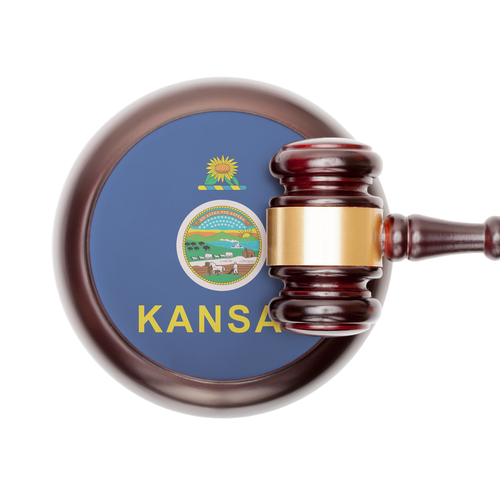San Francisco supervisors vote to ban facial recognition technology by city agencies

San Francisco’s Board of Supervisors voted 8-1 on Tuesday to ban the use of facial recognition software by police and city agencies.
One more vote, considered a formality, will be taken before the ordinance moves to the mayor for a signature. The San Francisco Chronicle, the New York Times and Vice have coverage.
Currently, San Francisco police do not use facial recognition technology. It is used by the federal government at ports and airports; those locations would be exempt from the ban.
The ordinance also requires city agencies that use any surveillance technology to create plans for its use, get approval from the city supervisors, and submit annual reports. An exception is made for temporary use of unapproved surveillance technology in exigent circumstances.
San Francisco is the first city to ban facial recognition technology. Other cities considering bans are Oakland, California, and Somerville, Massachusetts. State lawmakers in Massachusetts are considering a moratorium on facial recognition and biometric surveillance technology.
Many police departments throughout the nation are using facial recognition, including departments in Boston; Detroit; Las Vegas; New York City; San Diego; Durham, North Carolina; Orlando, Florida; and San Jose, California.
The lone supervisor who voted against the ordinance, Catherine Stefani, said she was concerned about how police crime fighting would be affected by a ban. She also expressed concern that disclosure and approval requirements would create extra work for city agencies.
The bill’s author is supervisor Aaron Peskin. “This is really about saying we can have security without being a security state,” he said Tuesday. “We can have good policing without being a police state.”
Civil liberties advocates have warned that facial recognition can be used to track people at political protests or during their daily activities. Some also have pointed to accuracy problems that could lead to wrongful arrests.
A worst-case scenario is in China, where facial recognition is being used to track the largely Muslim Uighur community, according to Matt Cagle, a lawyer with the American Civil Liberties Union of Northern California, who spoke with the New York Times.
Daniel Castro, director of the Center for Data Innovation at the Information Technology and Innovation Foundation, suggested an alternative to San Francisco’s ban in an interview with the New York Times. He said police should be allowed to access facial recognition data—but only if they obtain a warrant from a judge.



